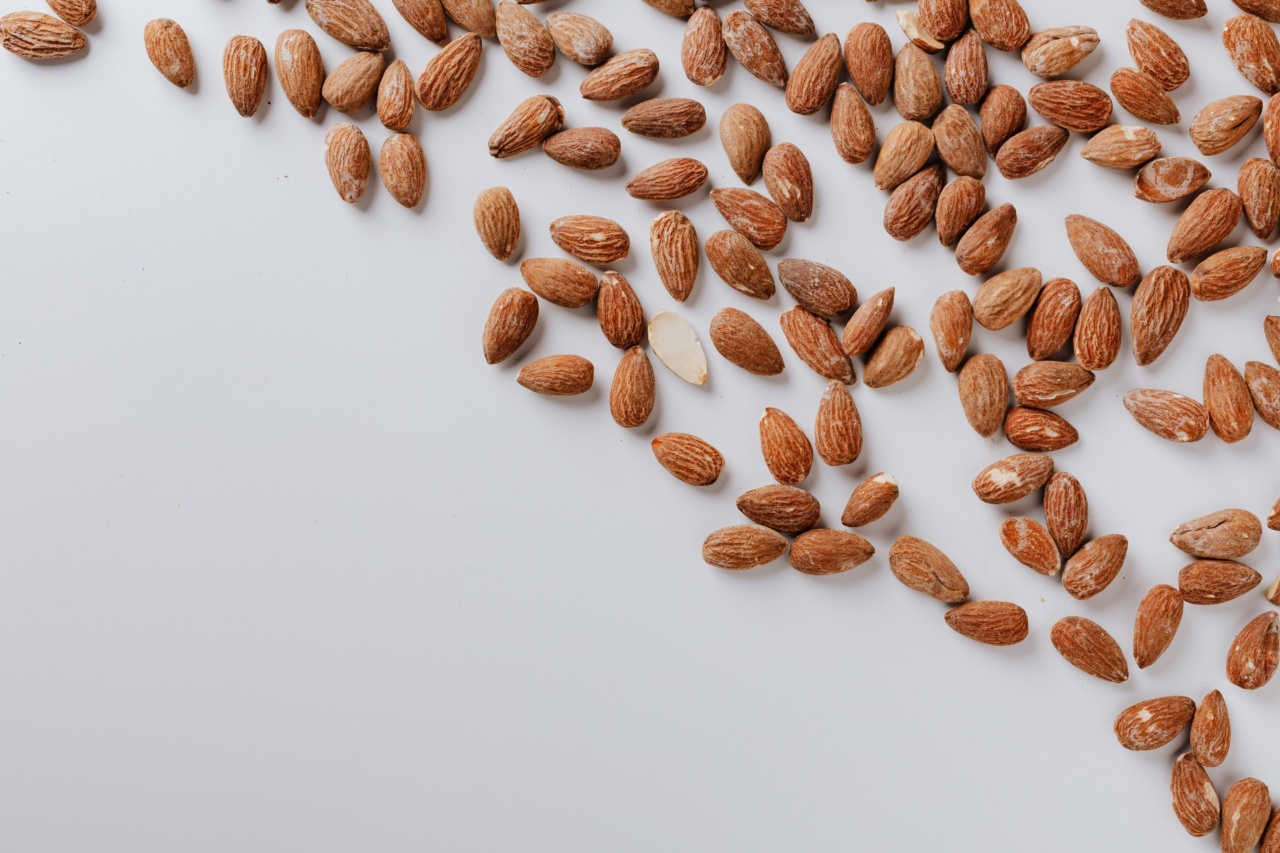As more and more people adopt a vegetarian lifestyle, the need for reliable sources of vegetarian protein has become increasingly important.
Whether you’re a seasoned vegetarian or just starting out, this ultimate guide will provide you with everything you need to know about vegetarian protein sources and how to incorporate them into your diet.
Why is Protein Important?
Protein is an essential nutrient that plays a vital role in numerous functions within the body. It is crucial for building and repairing tissues, producing enzymes and hormones, and supporting a healthy immune system.
While it is commonly associated with animal products, vegetarians can easily meet their protein needs with plant-based alternatives.
Complete vs. Incomplete Proteins
Protein is made up of amino acids, which are often referred to as the building blocks of protein. There are nine essential amino acids that the body cannot produce on its own and must be obtained through the diet.
Animal products contain all nine essential amino acids, making them complete proteins. However, many plant-based protein sources are incomplete, meaning they lack one or more essential amino acids.
Good news: Vegetarians can still get all the essential amino acids by consuming a variety of plant-based protein sources throughout the day.
Combining complementary incomplete proteins, such as legumes with grains, can create a complete protein profile.
Top Vegetarian Protein Sources
1. Lentils
2. Quinoa
3. Chia seeds
4. Hemp seeds
5. Chickpeas
6. Beans (black beans, kidney beans, etc.)
7. Tofu
8. Tempeh
9. Greek yogurt
10. Edamame.
Incorporating Vegetarian Protein into Your Diet
1. Start your day with a protein-packed breakfast by adding chia seeds or hemp seeds to your oatmeal or smoothie bowls.
2. Enjoy a variety of legumes such as lentils, chickpeas, and beans in hearty soups, stews, and salads.
3. Experiment with tofu and tempeh by marinating them in flavorful sauces and stir-frying them with vegetables.
4. Add quinoa, a complete protein source, to your grain bowls or salads for an extra protein boost.
5. Snack on Greek yogurt with added fruits and nuts for a protein-rich midday treat.
The Benefits of Vegetarian Protein
Choosing vegetarian protein sources not only provides the necessary nutrients for your body but also offers several additional health benefits:.
1. Lower in saturated fat: Plant-based protein sources tend to be lower in saturated fat compared to animal products, which can help promote heart health.
2. High in fiber: Many vegetarian protein sources are also high in fiber, which aids digestion, helps maintain a healthy weight, and keeps blood sugar levels stable.
3. Rich in antioxidants: Plant-based protein sources are abundant in antioxidants, which help protect the body from harmful free radicals and reduce the risk of chronic diseases.
4. Environmentally friendly: Opting for vegetarian protein sources reduces the environmental footprint associated with meat production and supports sustainable and ethical food practices.
Meeting Your Protein Needs
It’s important to ensure you’re getting an adequate amount of protein, especially if you’re following a vegetarian or vegan diet. The recommended daily intake of protein for most adults is around 50 grams.
However, individual protein needs may vary based on factors such as age, gender, activity level, and overall health.
Planning your meals to incorporate a variety of protein sources, such as those mentioned above, can help you meet your daily protein requirements.
Consulting with a registered dietitian can also provide personalized guidance on your specific nutritional needs.
Maintaining a Balanced Vegetarian Diet
While incorporating vegetarian protein sources into your diet is essential, it’s equally important to focus on overall dietary balance.
Ensure you’re consuming a variety of fruits, vegetables, whole grains, and healthy fats to meet all your nutritional needs.
Remember, a well-rounded diet is the key to optimal health, and by making informed choices, you can thrive on a vegetarian lifestyle while enjoying all the benefits it offers.
Conclusion
Meeting your protein needs as a vegetarian is not only possible but also enjoyable with the wide range of plant-based protein sources available.
By understanding the basics of vegetarian protein and incorporating them into your meals, you can maintain a balanced diet while reaping the many health benefits associated with a vegetarian lifestyle.































